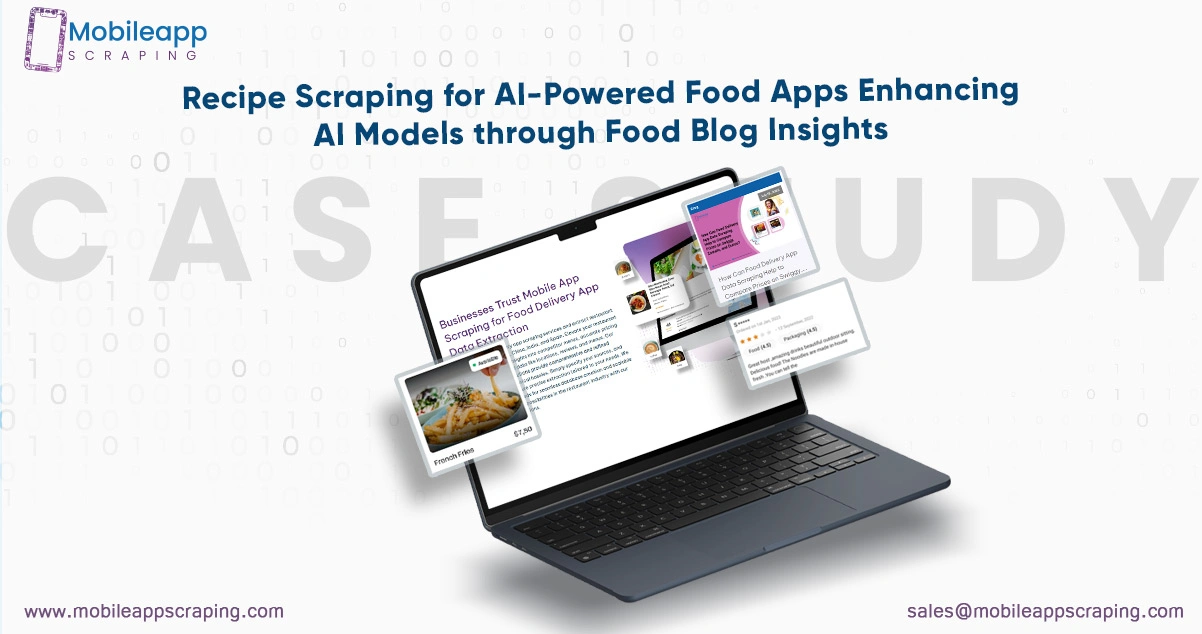Introduction
The culinary technology landscape demands sophisticated data collection methodologies to power next-generation cooking applications and intelligent recipe recommendation systems. Recipe Scraping for AI-Powered Food Apps has emerged as a transformative approach for businesses seeking to build comprehensive food databases that enhance user experiences through personalized culinary suggestions and automated meal planning capabilities.
Modern food technology companies require access to diverse, high-quality recipe content to train their machine learning algorithms effectively. Web Scraping Recipes to Build AI Datasets enables organizations to gather structured culinary information from multiple sources, creating robust training materials that improve recommendation accuracy and expand the scope of available cooking instructions for their applications.
The Client
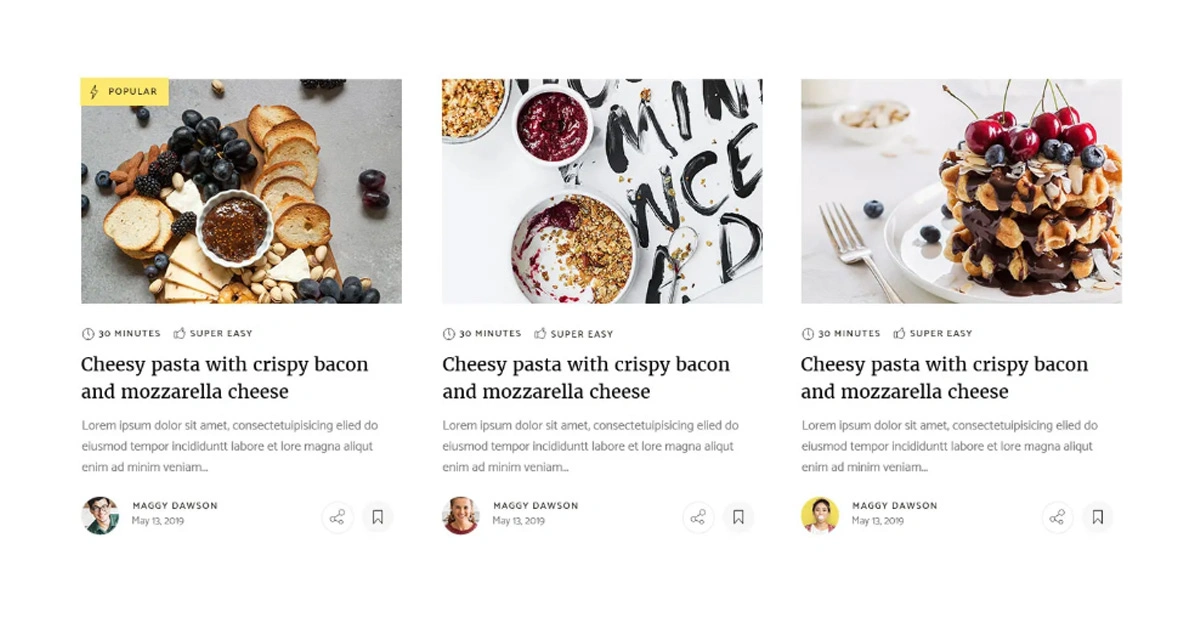
A leading culinary technology startup specializing in intelligent cooking applications approached our team to enhance their AI-driven recipe recommendation platform. The company focused on developing personalized meal planning solutions that could adapt to individual dietary preferences, cooking skill levels, and ingredient availability. Their primary objective was to implement Recipe Scraping for AI-Powered Food Apps to expand their existing recipe database significantly.
The organization recognized the importance of diversifying its content sources to enhance the performance of its recommendation algorithms across various cuisines and cooking styles. They needed to Scrape Recipes From Food Blogs for AI training purposes, ensuring their machine learning models could process authentic, user-generated cooking content that reflected real-world culinary practices and preferences.
Their technical team sought a scalable solution that could continuously gather fresh recipe content while maintaining data quality standards essential for practical AI model training. The client emphasized the need for Recipe Dataset Extraction processes that can handle multiple blog formats and extract structured information, including ingredients, cooking instructions, nutritional data, and user ratings, from diverse online food communities.
The Challenge
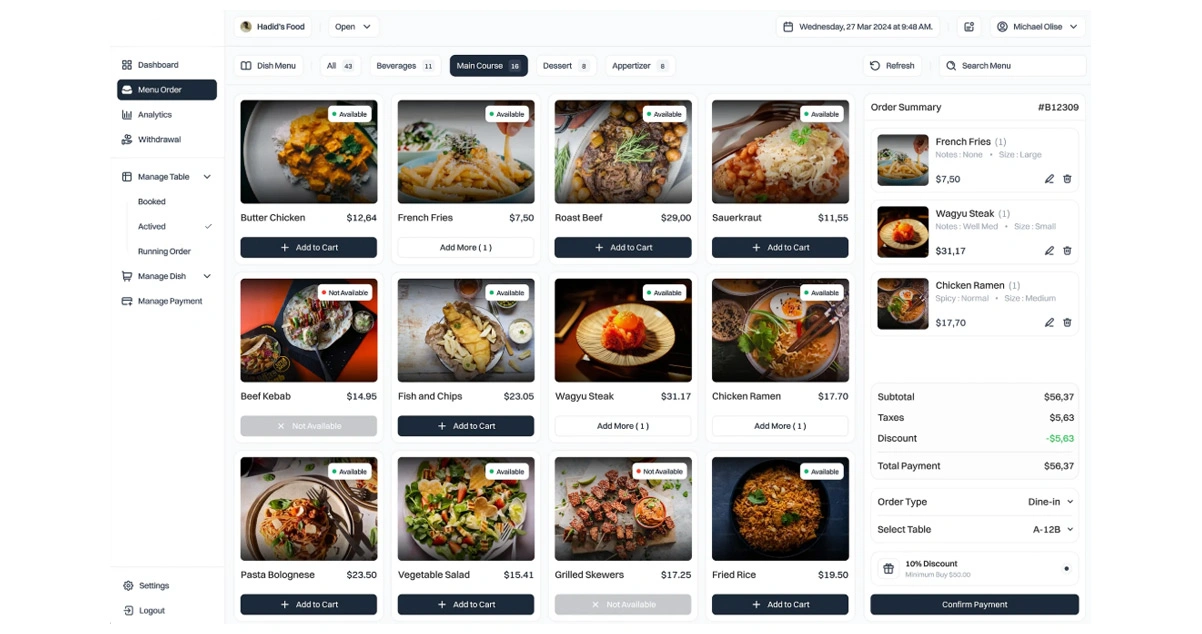
The client encountered significant obstacles in building a comprehensive recipe database suitable for training AI models.
Key challenges included:
- Recipe information scattered across thousands of food blogs with varying formats created difficulties in implementing consistent Food Blog Scraping for Machine Learning Models across different platforms.
- Manual collection methods resulted in incomplete recipe information, missing nutritional data, and inconsistent formatting that hindered effective Web Scraping Recipes to Build AI Datasets for machine learning applications.
- Existing data collection processes couldn't handle the volume requirements needed for robust AI training, limiting their ability to Scrape Recipes From Food Blogs for AI at the scale necessary for competitive algorithm performance.
- Static datasets quickly became outdated, limiting the integration of trending recipes and seasonal cooking patterns, making Food Delivery App Scraping Services essential for keeping AI recommendations relevant and engaging for users.
These limitations significantly impacted their ability to deliver personalized cooking experiences and maintain competitive positioning in the rapidly evolving food technology market.
The Solution
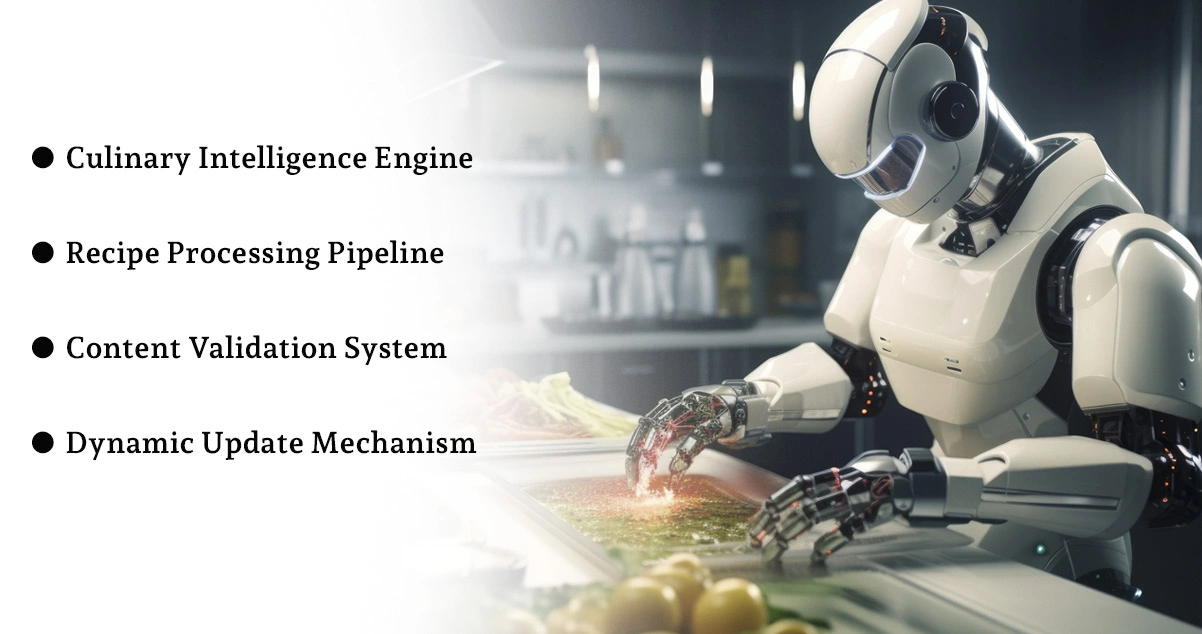
Our comprehensive approach leverages advanced extraction technologies to streamline processes and create scalable AI training datasets.
-
Culinary Intelligence Engine
An automated data collection system that leverages food blog scraping to gather comprehensive recipe information, including ingredients, preparation methods, cooking times, and nutritional profiles from diverse food blog sources. -
Recipe Processing Pipeline
Sophisticated parsing infrastructure that standardizes content from multiple blog formats, ensuring consistent data quality for Web Scraping Recipes to Build AI Datasets while maintaining recipe authenticity and completeness. -
Content Validation System
Quality assurance framework that verifies recipe completeness, validates ingredient measurements, and ensures cooking instruction clarity to support practical AI model training and user satisfaction. -
Dynamic Update Mechanism
A real-time monitoring system that tracks new recipe publications, seasonal trends, and emerging culinary patterns, ensuring up-to-date datasets for continuous AI model improvement and supporting strategic Price Optimization decisions.
Implementation Process
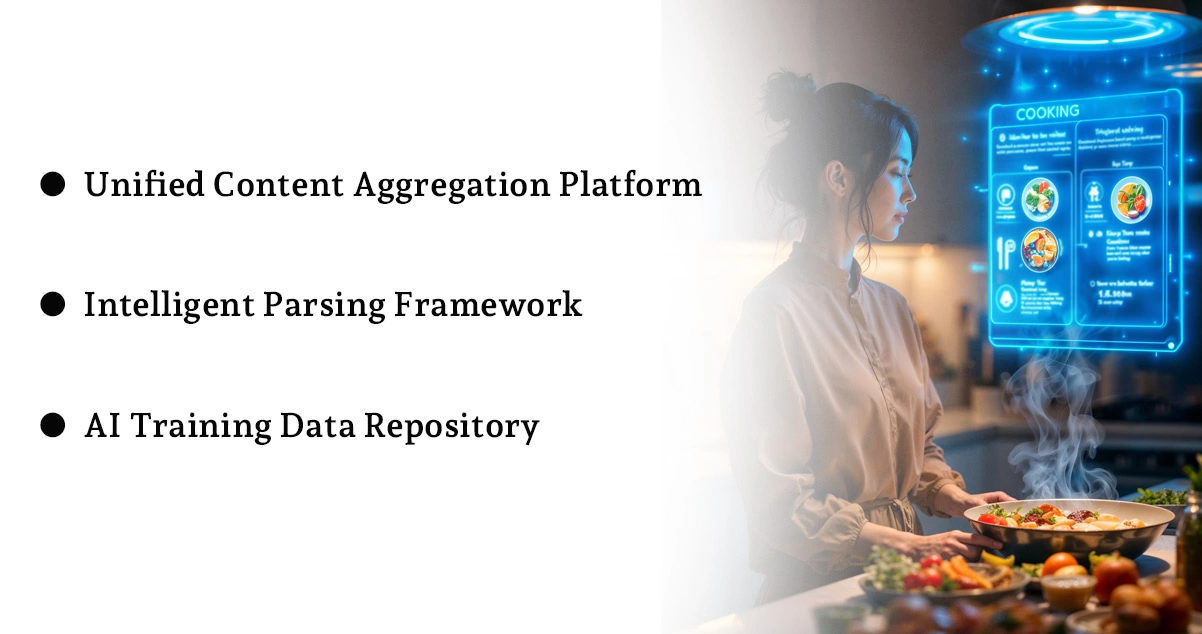
We established a robust, automated infrastructure ensuring continuous data flow and consistent quality standards for AI training requirements.
-
Unified Content Aggregation Platform
Centralized collection system for Recipe Dataset Extraction that consolidates recipe data from multiple food blog sources, providing structured access to ingredients, instructions, and metadata across diverse culinary categories. -
Intelligent Parsing Framework
An advanced content processing system that handles varied blog formats with automated validation and enrichment, ensuring accurate data extraction through Food Blog Scraping for Machine Learning Models across different website architectures. -
AI Training Data Repository
Organized database structure that transforms raw recipe content into machine learning-ready datasets, supporting algorithm development and model training through standardized data formats and quality metrics.
Results & Impact
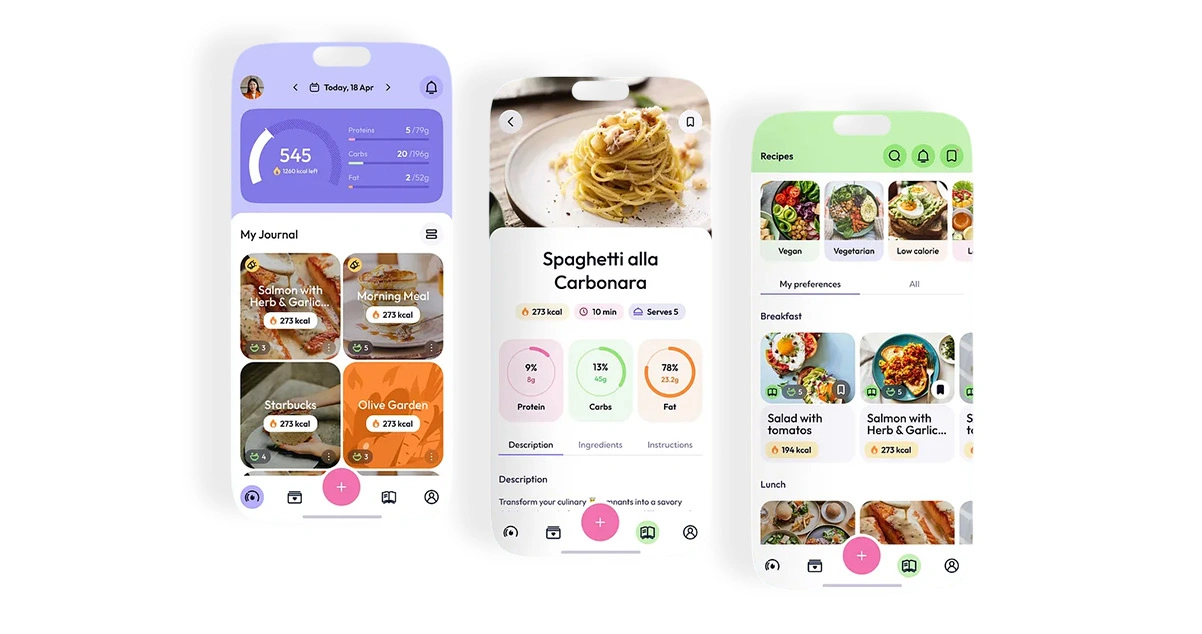
Our tailored solution delivered measurable improvements in AI model performance and operational efficiency through a comprehensive collection of recipe data.
-
Enhanced Algorithm Accuracy
The client achieved significant improvements in recommendation precision by implementing Recipe Scraping for AI-Powered Food Apps, resulting in higher user engagement rates and improved cooking experience satisfaction across their platform. -
Expanded Recipe Database
Successful integration of Scrape Recipes From Food Blogs for AI processes increased their content library by over 300%, providing diverse culinary options that better served users with varied dietary preferences and cooking skill levels. -
Improved Training Data Quality
Systematic Web Scraping Recipes to Build AI Datasets enhanced the performance of machine learning models, leading to more accurate ingredient substitution suggestions and personalized meal planning recommendations. -
Operational Efficiency Gains
Automated data collection reduced manual processing time by 85%, enabling their team to focus on algorithm optimization and user experience improvements rather than content gathering activities.
Key Highlights
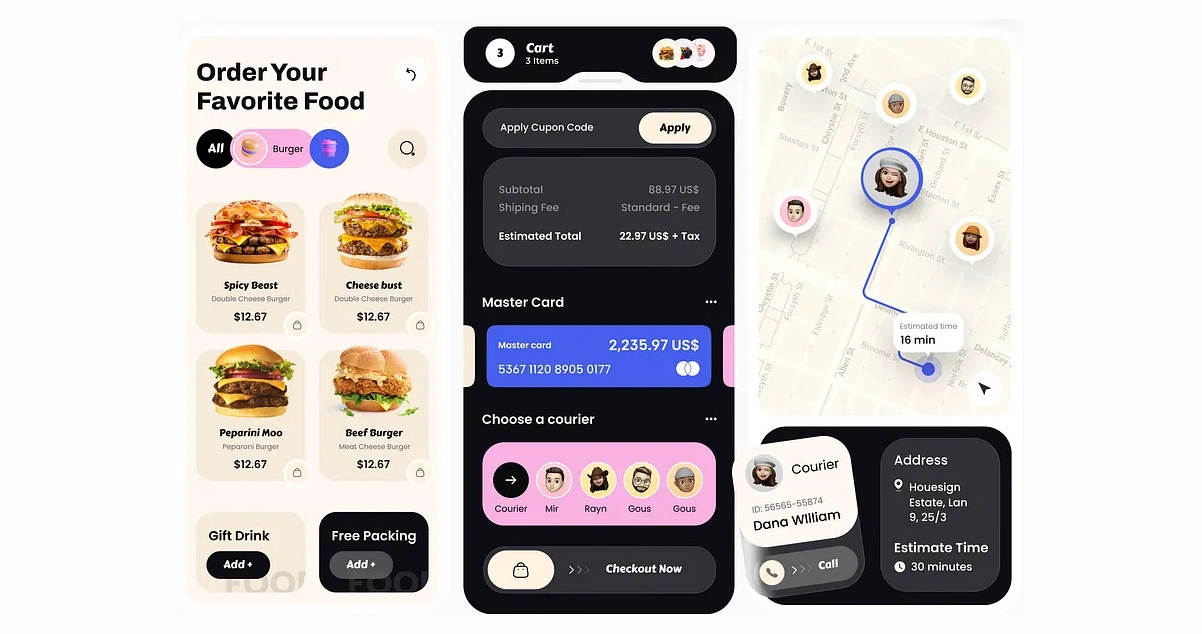
-
Comprehensive Data Collection
Provides comprehensive recipe databases using advanced techniques, capturing detailed culinary insights from hundreds of food blogs and Food Delivery Datasets, supporting robust AI model training. -
Scalable Processing Infrastructure
Supports continuous content gathering through Food Blog Scraping for Machine Learning Models, enabling real-time dataset updates that keep AI recommendations current with trending recipes and seasonal cooking patterns. -
Quality-Assured Data Outputs
Ensures consistent, structured recipe information suitable for machine learning applications through validated extraction processes that maintain data integrity and completeness across all collected content sources.
Client’s Testimonial

Using Recipe Scraping for AI-Powered Food Apps through Mobile App Scraping has transformed how we build intelligent cooking applications. The precise data collection enables advanced recommendation algorithms that understand users’ culinary preferences and dietary needs. Our Recipe Dataset Extraction now delivers high-quality training data for truly personalized cooking experiences.
– Emma Larson, Chief Technology Officer
Conclusion
In today’s fast-evolving culinary tech landscape, Recipe Scraping for AI-Powered Food Apps provides an essential edge, enabling companies to enhance personalized meal planning and intelligent cooking solutions. Access to diverse, high-quality recipes ensures AI-driven recommendations are accurate and user experiences remain highly engaging.
Leveraging Food Blog Scraping for Machine Learning Models, our solutions deliver structured datasets that empower sophisticated algorithms to interpret dietary preferences, cooking complexity, and culinary trends. Contact Mobile App Scraping now to explore how our recipe extraction services can elevate your AI-powered food applications.
